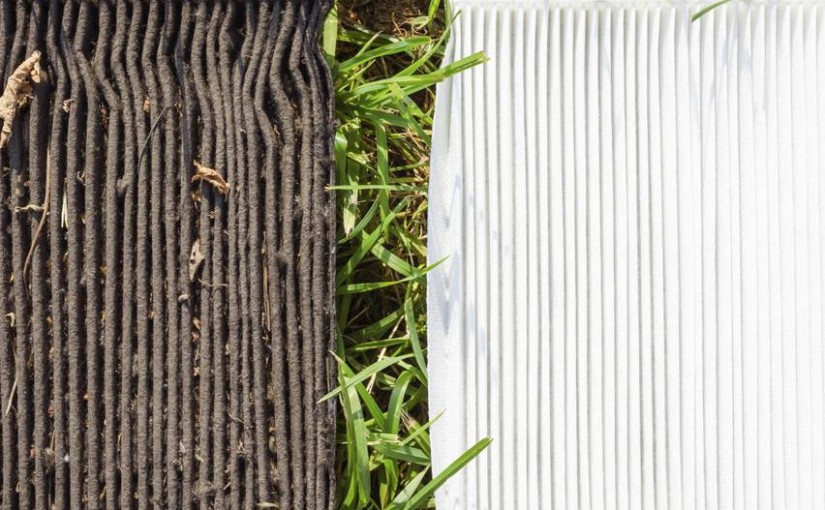While it’s a simple question, changing air filters is one thing some people don’t always think about. Many people don’t think about their HVAC system until it stops functioning the way it should. When an HVAC system stops functioning properly, the culprit is often a clogged air filter.
HOW DO AIR FILTERS WORK?
Air filters are generally made of spun fiberglass or pleated paper and surrounded by a cardboard frame. They are inserted into a specific place in the HVAC systems and act as a barrier to prevent contaminants and other particles from circulating in the air, or from reaching sensitive parts of the system. Some of the common things that filters block are dust, pollen, lint, mold, hair, animal fur, bacteria, etc.
HOW OFTEN SHOULD FILTERS BE CHANGED?
This answer depends on the type of air filter you are using. Most manufacturers recommend that basic filters are changed every 30 to 60 days, but there are other circumstances that could affect that schedule.
- A filter in a regular home with no pets should be changed every 90 days
- If your home has a single pet, the filter should be changed every 60 days
- For multiple pets, or if anyone in your home suffers from allergies, you’ll want to change the filter anywhere between 20 to 45 days
- People in single-occupant homes with no pets, or those who own vacation homes that don’t get much use, can usually wait for 6 to 12 months before changing their filter
WHAT HAPPENS WHEN YOU DON’T CHANGE YOUR FILTER?
When air filters are not consistently changed, they get clogged by the buildup of particles and contaminants that stick to the filter. While the filter is designed to accommodate these minuscule items, the buildup creates an almost impenetrable barrier so that the air cannot completely flow through, which can ultimately cause multiple problems for the entire HVAC system.
Higher Energy Bills
When the filter becomes clogged, air cannot easily flow through the system. This causes the whole system to have to work harder to distribute heat or air where it is needed, which increases your utility bills since the air is running for longer.
Poor Temperature Regulation
Since clogged air filters make the system strain to create airflow, warm or cool air cannot adequately go where it is needed. This means that some rooms could be too cold during the winter or too hot in the summer.
Health Concerns
If the air filter is clogged and cannot trap contaminants as it did before, those things can end up back in the air that everyone in your home is breathing. Immediate issues could include headaches, itchy eyes or throat, and dizziness. If the air filters are not changed and the issues continue, the long-term effects could be respiratory diseases, heart disease, or cancer.
Furnace Failures
As the system is working harder to get around clogged air filters, it can cause the entire system to overwork and eventually break. If this happens, you’ll need to replace the entire system, which can be expensive. Air filters usually cost less than $40, so they are easy to replace frequently compared to replacing the entire system.
Clamped-Up Coils
Evaporative coils, which help remove heat from the air to keep your home cool, can freeze up if they are overworked. With a clogged air filter, the air won’t flow over the coils correctly, which makes them stop working and leads to total system failure. Again, the price to fix this issue is greater than simply purchasing a new air filter every few months. Protect your HVAC system and your wallet by replacing the air filters on a regular schedule.
